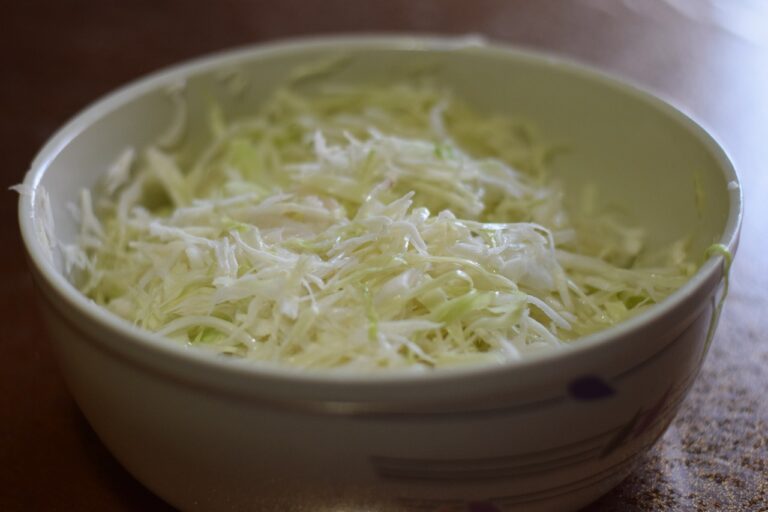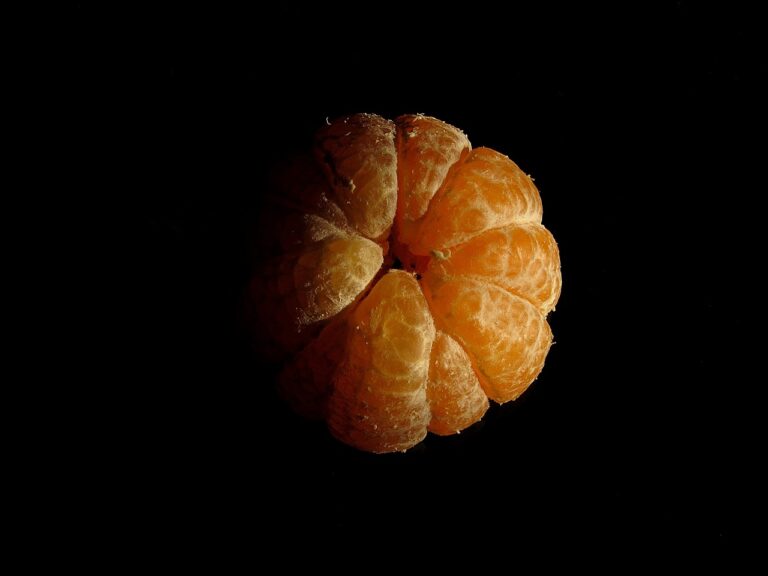Understanding the Benefits of Traditional Medicine in Preventive Healthcare
Traditional medicine and modern medicine are two distinct approaches to healthcare that have coexisted for centuries. Traditional medicine typically encompasses practices and beliefs passed down through generations, often rooted in cultural or historical contexts. It prioritizes natural remedies, holistic approaches, and a deep understanding of the interconnectedness of the body, mind, and spirit.
On the other hand, modern medicine relies heavily on scientific research, technological advancements, and evidence-based practices to diagnose and treat illnesses. It often involves the use of pharmaceutical drugs, surgeries, and cutting-edge medical procedures to address specific symptoms or underlying causes of health issues. The integration of both traditional and modern medicine can offer a well-rounded approach to healthcare, taking advantage of the strengths of each system to provide comprehensive and personalized treatment options for patients.
The History of Traditional Medicine
Traditional medicine has a long and rich history, dating back thousands of years. Ancient civilizations such as the Chinese, Indian, Egyptian, and Greek cultures developed their own unique systems of traditional medicine based on observations, experiences, and beliefs. These early practices laid the foundation for traditional medicine as we know it today.
Throughout history, traditional medicine has evolved and adapted to various cultural influences and advancements in knowledge. Healers and practitioners passed down their wisdom through oral traditions and written texts, refining techniques and treatments over generations. As traditional medicine spread across different regions and societies, it continued to incorporate new ideas and therapies, creating a diverse and holistic approach to healthcare.
• Traditional medicine has a long and rich history dating back thousands of years
• Ancient civilizations like Chinese, Indian, Egyptian, and Greek developed unique systems
• Practices laid the foundation for traditional medicine today
• Healers passed down wisdom through oral traditions and written texts
• Techniques and treatments were refined over generations
Throughout history, traditional medicine has continued to be an integral part of healthcare in many cultures around the world. Despite advancements in modern medicine, traditional practices are still valued for their holistic approach to healing and their focus on prevention rather than just treatment of symptoms. Today, traditional medicine is often used alongside conventional medical treatments to provide patients with comprehensive care that addresses both physical and emotional well-being.
As interest in alternative therapies grows, traditional medicine is gaining recognition for its potential benefits in treating chronic conditions such as arthritis, diabetes, and heart disease. Research studies are being conducted to explore the efficacy of various traditional remedies and techniques, shedding light on their mechanisms of action and safety profiles. With increasing awareness about the importance of cultural diversity in healthcare, traditional medicine is being integrated into mainstream medical practice to offer patients more options for personalized care.
Key Principles of Traditional Medicine
One of the fundamental principles of traditional medicine is the belief in the interconnectedness of the mind, body, and spirit. Practitioners of traditional medicine emphasize the importance of treating the individual as a whole, rather than focusing solely on the symptoms of a specific ailment. This holistic approach aims to restore balance and harmony to the person’s entire being, promoting overall health and well-being.
Another key principle of traditional medicine is the idea that prevention is preferable to cure. Traditional medicine places a strong emphasis on maintaining good health through practices such as healthy diet, regular exercise, and stress management. By taking proactive steps to prevent illness and disease, individuals can enhance their quality of life and reduce the need for invasive treatments in the future.
What is the main difference between Traditional Medicine and Modern Medicine?
Traditional Medicine focuses on natural remedies and holistic healing, while Modern Medicine uses pharmaceutical drugs and advanced medical technology.
How far back does the history of Traditional Medicine date?
The history of Traditional Medicine dates back thousands of years, with practices originating in ancient civilizations such as China, India, and Egypt.
What are some key principles of Traditional Medicine?
Some key principles of Traditional Medicine include the use of natural remedies, focusing on prevention rather than treatment, and promoting overall well-being of the body, mind, and spirit.
Is Traditional Medicine still relevant in today’s modern world?
Yes, Traditional Medicine is still relevant today as many people seek alternative and holistic approaches to healthcare. It is often used in conjunction with Modern Medicine for a more well-rounded approach to healing.
Are there any potential risks associated with Traditional Medicine?
Like any form of medicine, there are potential risks associated with Traditional Medicine, such as allergic reactions to certain herbs or interactions with other medications. It is important to consult with a healthcare provider before starting any new treatment regimen.







